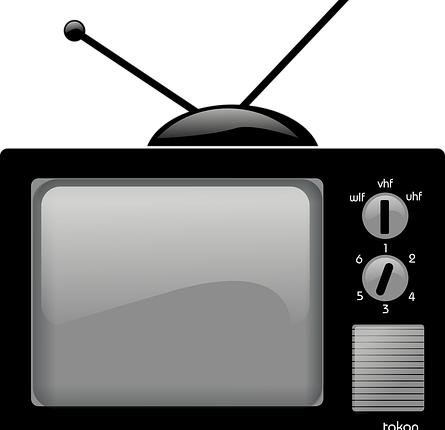Law Firm Marketing – The Truth Behind TV
 With a large shift in the focus of legal marketing to digital, many attorneys wonder if television advertising is still relevant and more importantly if it is still effective. Without question, the way we are watching tv is changing. We can watch shows from a device in the palm of our hand; we can pick and choose the time and day that we watch an episode, and can even binge-watch entire series in a weekend. How television is being consumed is changing, but its effectiveness is not. Simply put, there is no better medium to convey your message than a tv advertisement. Even better, the ability for advertisers to understand your market is exponentially higher than it was just a few years ago. This means that television advertisements can be catered to your target audience to get you the most significant return on your investment. You have more insight today on what your ideal client watches, their purchasing habits and when they are tuned in making advertising much easier and more profitable than ever before.
With a large shift in the focus of legal marketing to digital, many attorneys wonder if television advertising is still relevant and more importantly if it is still effective. Without question, the way we are watching tv is changing. We can watch shows from a device in the palm of our hand; we can pick and choose the time and day that we watch an episode, and can even binge-watch entire series in a weekend. How television is being consumed is changing, but its effectiveness is not. Simply put, there is no better medium to convey your message than a tv advertisement. Even better, the ability for advertisers to understand your market is exponentially higher than it was just a few years ago. This means that television advertisements can be catered to your target audience to get you the most significant return on your investment. You have more insight today on what your ideal client watches, their purchasing habits and when they are tuned in making advertising much easier and more profitable than ever before.
It’s the Size that Counts
So, what makes television advertising still so valuable? Size. Television commercials can reach a broader audience than any other type of advertising. Television is compelling because it can reach millions of people. Now merely reaching millions of people is not the ultimate goal of your investment. You want to see a return. Knowing the estimated reach and frequency of your advertising efforts before they run can be crucial to see your investment pay off. The more exposure you have to the right audience, the better chances you have of getting a new client from the advertisement. You want to make an impression that lasts so that consumers will remember your firm when they need legal help.
You May Not be Advertising on TV, But Your Competitors Are
According to the US Chamber Institute for Legal Reform, law firms spent nearly $900 million on television advertising in 2015. This was a 68% increase from what they spent just seven years before. Legal advertising on TV grew at a rate six times faster than other industries. Other attorneys are spending large amounts of money to secure commercial space, if you want to compete – you should be doing it too. The key to advertising on television is creating a unique, impactful commercial that speaks to your target audience. You do not want to be a mirror image of every other personal injury attorney on the market. You want to create a robust, lasting image that stands out in a crowd. You want a professional commercial that connects with your consumer. Research your competitors and how they are advertising. Find what makes your firm unique and most importantly, work with a media buying team that understands your firm, your goals, and your market.
All about the Numbers
One of the best features of television advertising in 2018 and beyond, is that you can truly get a sense of what is working and what is not. Analytics provide the answers to what brings clients in the door. The data that can now be collected from television advertisements is unlike any other. Data on your ideal market will help you determine how to advertise at the right time and the right place. Once you find out when what and where your customers are watching, you can tailor a campaign specific to them.
Want more? Contact Amicus Media Group today for a free consultation. We offer media buying options for law firms large and small. Our team is dedicated to finding clients that need your help through targeted advertising on television, digital and radio. With decades of experience, we will help you understand the benefits of a comprehensive marketing campaign. Call us today at (888) 700 – 1088 to take your firm to the next level.
This article does not contain legal or financial advice. Author and publisher disclaim any and all warranties, liabilities, losses, costs, claims, demands, suits, or actions of any type or nature whatsoever, arising from or any way related to this blog, the use of this blog, and/or any claim that a particular technique or device described in this blog.

